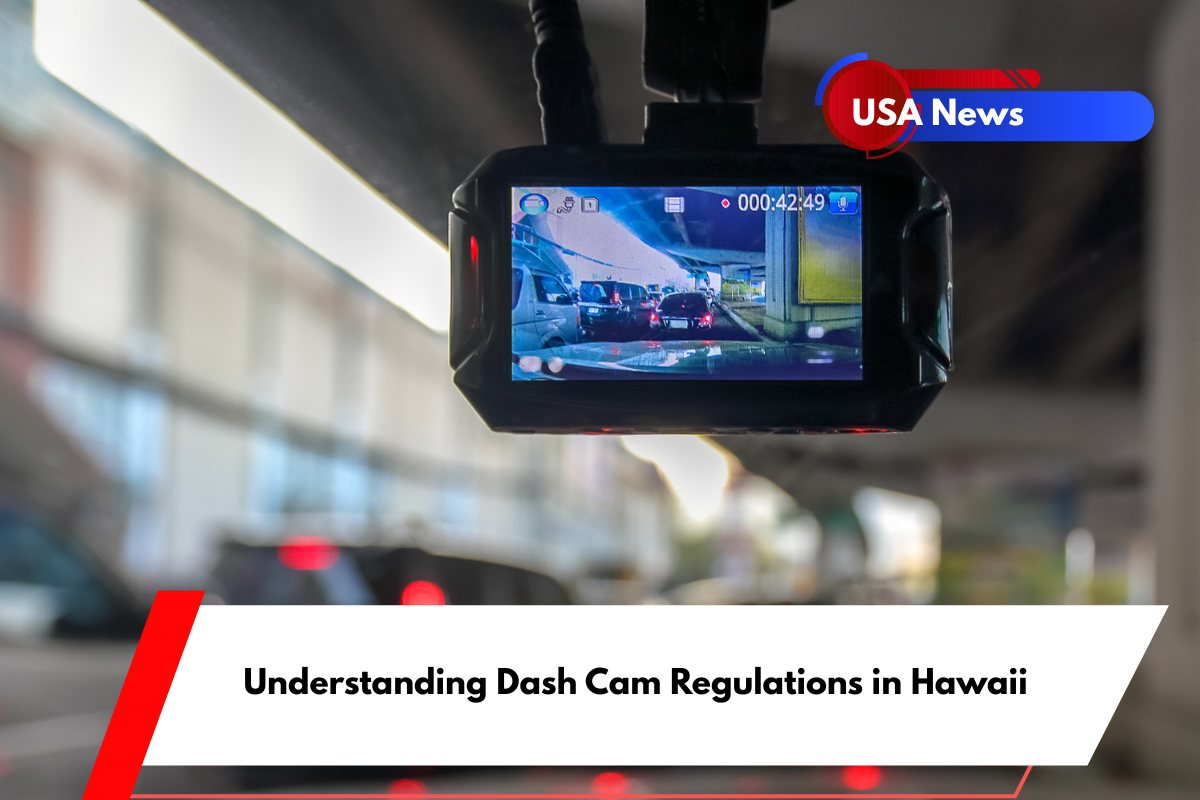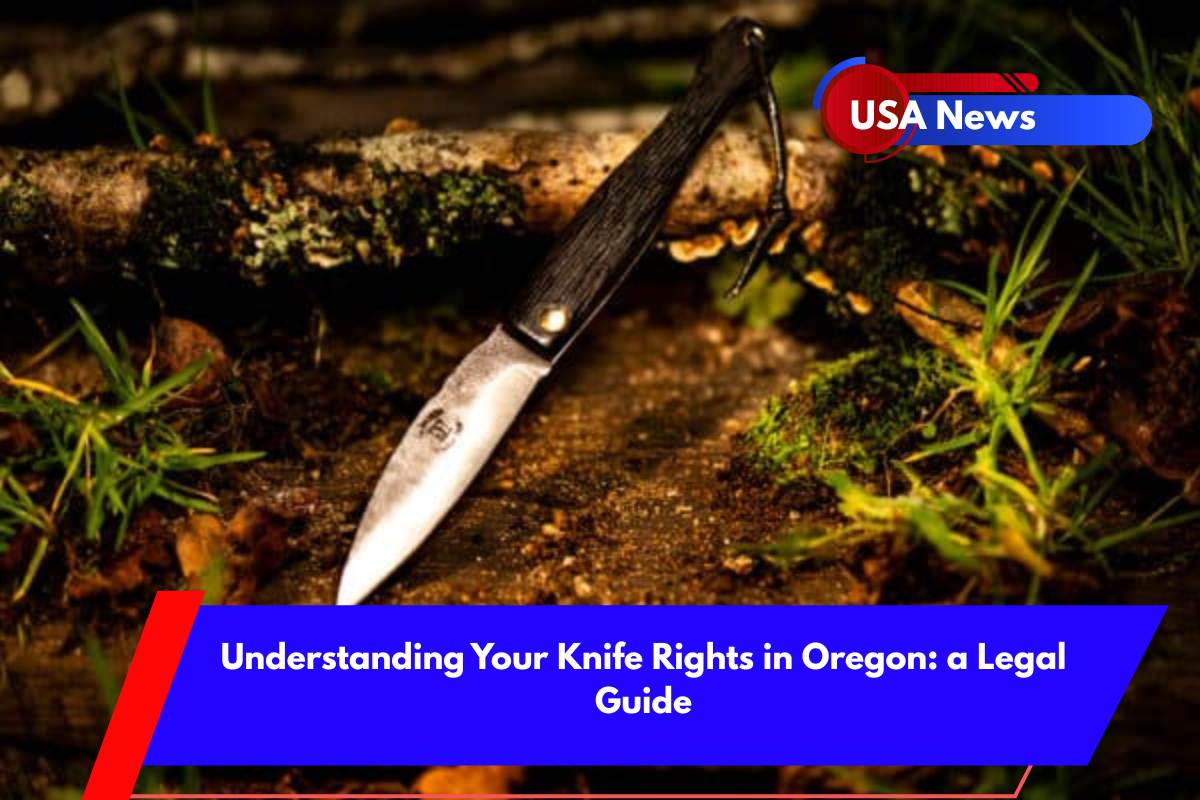In Hawaii, dash cams are legal for all types of vehicles, providing drivers with a useful tool for recording their driving experiences. However, there are specific regulations regarding where and how dash cams can be installed, as well as rules about audio recording.
Understanding these laws is crucial to ensure you remain compliant and avoid fines or legal complications while using a dash cam. This article breaks down the essential rules and guidelines for dash cam usage in Hawaii.
Dash Cam Placement and Size Restrictions
Windshield Placement
When installing a dash cam in Hawaii, you must follow specific placement rules. The dash cam can only be mounted in the top or bottom corners of the windshield. This placement ensures that the device does not block the driver’s view of the road.
Size Limitations
The dash cam must not be larger than five square inches. If you install a device larger than this, or place it in a location other than the designated corners, it may violate the law and result in fines for creating an illegal obstruction of the windshield. The primary purpose of this restriction is to maintain clear visibility for the driver, which is essential for safety.
Options for Dashboard and Rear Window Installation
Dash cams are also allowed to be installed on the dashboard or the rear window of the vehicle. However, the device must not obstruct the driver’s line of sight in any way. As long as it doesn’t interfere with the ability to drive safely, you have flexibility in where to place your dash cam, apart from the windshield.
Audio Recording Laws
Hawaii follows a single-party consent law for audio recordings. This means you are legally allowed to record audio as long as one party to the conversation (such as the driver) is aware of the recording.
However, it’s recommended to inform all passengers if your dash cam records audio, especially if you plan to use the recordings as evidence. Recording conversations secretly, without any party’s knowledge, or recording private conversations in which you are not a participant is illegal and could result in legal consequences.
Sources:
1. https://www.ddpai.com/blog/dash-cam-laws/
2. https://www.expertmarket.com/dash-cams/dash-cam-laws-by-state













